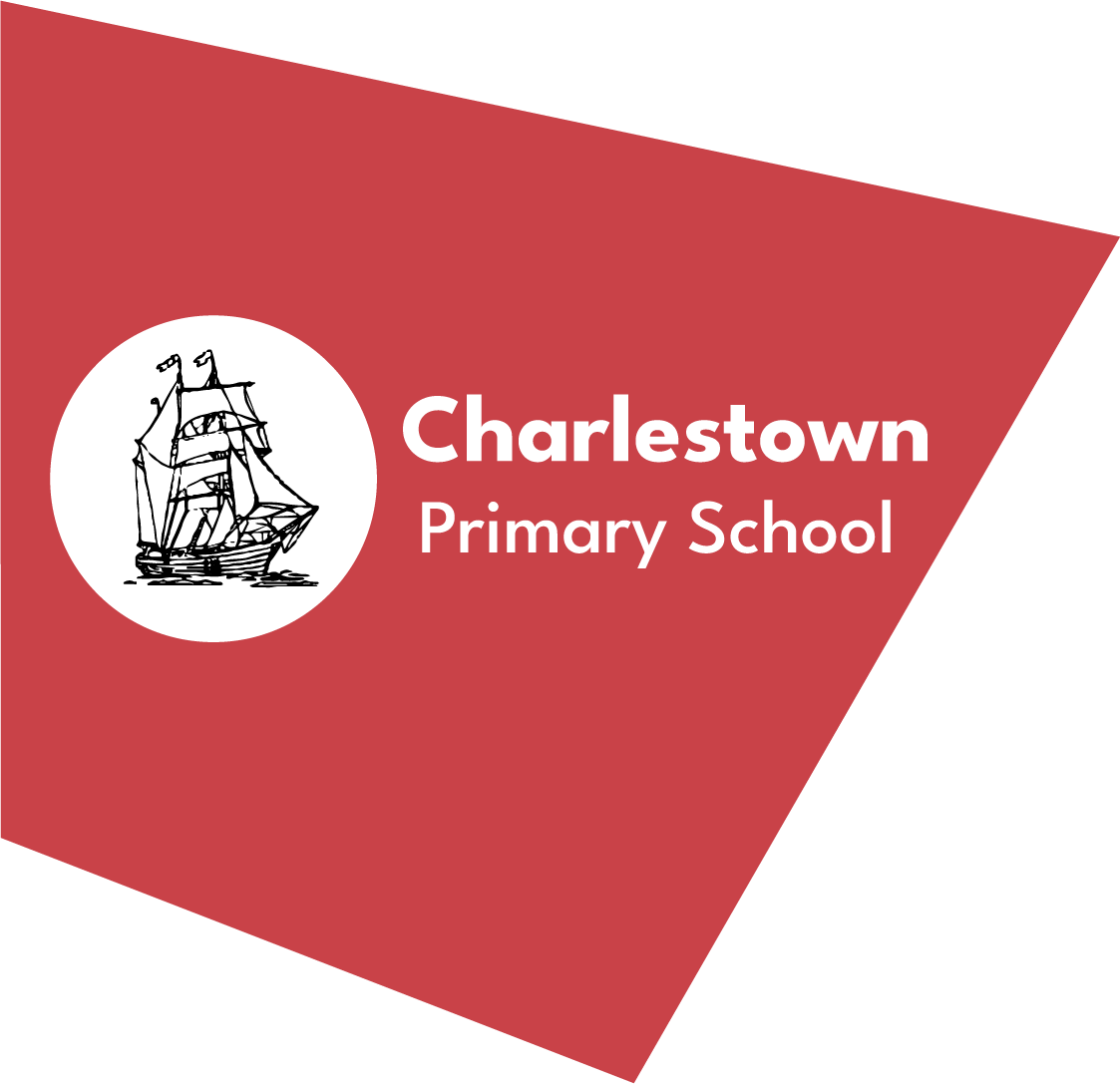
Our Wider Offer
Our school motto - Inspire, Enrich, Enlighten - is at the centre of everything we do at Charlestown Primary School. While we have the highest of expectations for our pupils within the classroom, this is only a part of the learning experience that we offer.
We run a range of clubs from craft to dance, art to film club and many more. Every term information is sent out and children are allocated at least one club depending on demand. For example, cooking club is so popular that we assign children in groups of 12 for the whole year in September, and even then, we can't always meet demand.
For further information, please email us: charlestown@kernowlearning.co.uk and write 'Clubs' in the subject bar.
Personal Development
We lead the way and inspire our pupils’ enthusiasm for learning by enriching their curriculum with hands-on experiences and enlightening them, and our community, to work collaboratively and support each other.
Personal development runs through the core of the school ethos at Charlestown Primary School. It is reflected in our school motto of Inspire, Enrich, Enlighten and in our school values. We want each child to leave the school feeling confident, valued and proud of all of their achievements. Our aim is to teach children that learning goes far beyond individual subjects and the classroom and that personal, social and emotional achievements are valued highly when we consider our pupils' holistic well-being. We achieve this in the following ways at Charlestown:
- Personal Development and Cultural Awareness is taught discretely through our P.S.H.E. (including R.S.E. lessons) as well as across the curriculum in other subjects such as English, Physical Education, Religious Education and Computing, e.g. E-Safety.
- Staff members consistently model how to be a good role-model who upholds the school values, rules and expectations.
- Our pupils are given responsibility through a range of roles, from Prefects to School Councillors, play-leaders and Anti-bullying ambassadors, promoting confidence to take on leadership roles within their community.
- Assemblies (key stage, whole school and special visitors including our ‘We Can’t Be What We Can’t See assembly series).
- In addition to our whole school Trauma-Informed approach, we also have ‘Trauma-Informed Practitioners’ who work with individuals and groups who are highly trained and skilled to support pupils’ mental health and well-being.
- Celebrating positive learning attitudes (e.g. resilience) with weekly certificates linked to our school values, rules and 6P’s of Teaching and Learning.
- Extracurricular activities, outdoor activity trips, visitors and residentials.
- Music and PE lessons are taught by specialists for violin, guitar and sport-specific activities.
- Considerate and carefully planned transitions before children start with us in E.Y.F.S., throughout their time here and beyond to secondary
- Celebrating different languages, cultures and religions.
- Encourage discussion and considerate challenge through our Oracy curriculum and approach using ‘Agree, Build, Challenge’.
Spiritual Development
Inspire
We inspire our pupils through a rich and varied curriculum which takes risks to spark creativity, imagination and awe and wonder. We also encourage our pupils to consider our British and school values, as well as those that are important to them personally in all that they do.
Enrich
We enrich their curriculum with regular opportunities to reflect on the significance of their learning and the impact of this on their own lived experiences whilst considering and respecting those of others with an open mind.
Enlighten
We enlighten children by sharing experiences with others in our community – raising aspirations whilst drawing on the expertise of those in real-life contexts around us, modelling resilience and inner strength even when situations may challenge us.
When considering how we support pupils’ spiritual development and growth at Charlestown, we draw on the work cited in Making Sense of Spiritual Development by David Smith who identifies three key elements when considering Spiritual Development:
1. spiritual capacities
2. spiritual contexts
3. spiritual experiences
Spiritual Capacities
David Smith notes a number of human capacities commonly identified as related to spiritual development including. Spiritual Capacities include children’s ability to:
- Be guided by their beliefs and values and be willing to take a stand to defend them.
- Be self-aware and empathise with the experience of others in the school and the wider community.
- Love themselves, care for themselves, believe in their potential to achieve, and find inner strength and resilience when facing challenges.
- Exercise imagination and creativity, appreciate beauty in the world and be alive to experiences of awe and wonder.
- Be intrigued by mysteries and be open to an awareness of the transcendent in the whole of life.
- Be comfortable with stillness and silence and open to engage in reflection/meditation/prayer.
- Be ready to say sorry when mistakes are made, to forgive themselves and to forgive others.
- Be willing to take risks and to reflect, learn and grow following experiences of failure as well as success.
- Demonstrate curiosity and open-mindedness when exploring life’s big questions.
- Appreciate and be thankful for what is good in life and show generosity towards others.
Spiritual Contexts
“Spiritual capacities are relevant to all pupils, of any religious tradition or none, and to all areas of the curriculum. They are an important area to explore when considering spiritual growth…………. However, these capacities can be exercised in various ways in the service of various purposes. We do not encounter them in the abstract. The ways in which we exercise them are bound up with our beliefs, values and commitments.”
Spiritual Experiences
“There is a danger that spirituality ………………. could be trivialised if it is reduced to a welter of nice feelings or gasps of momentary admiration. Spiritual growth will involve reflecting on the significance of an experience for our lives. If there is no such reflection, a feeling remains just a feeling.”
David Smith – Making Sense of Spiritual Development
Visiting Geevor Tin Mine in Year 1.
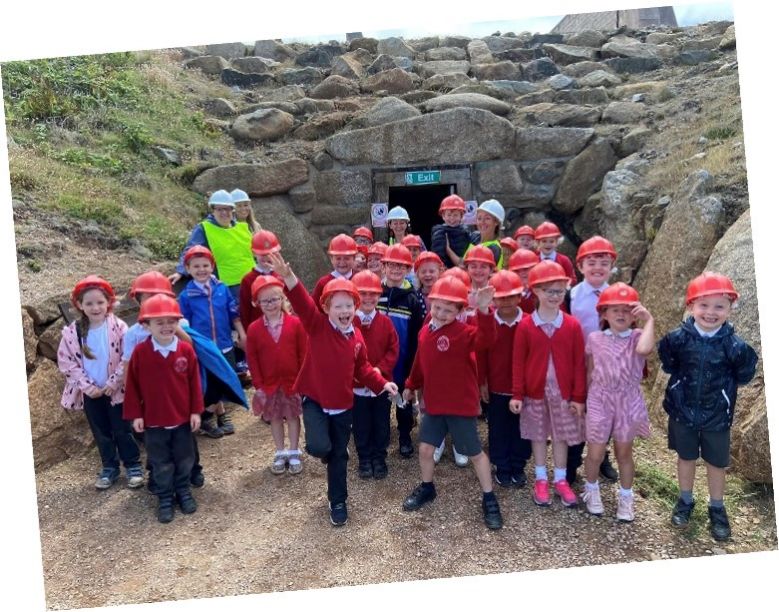
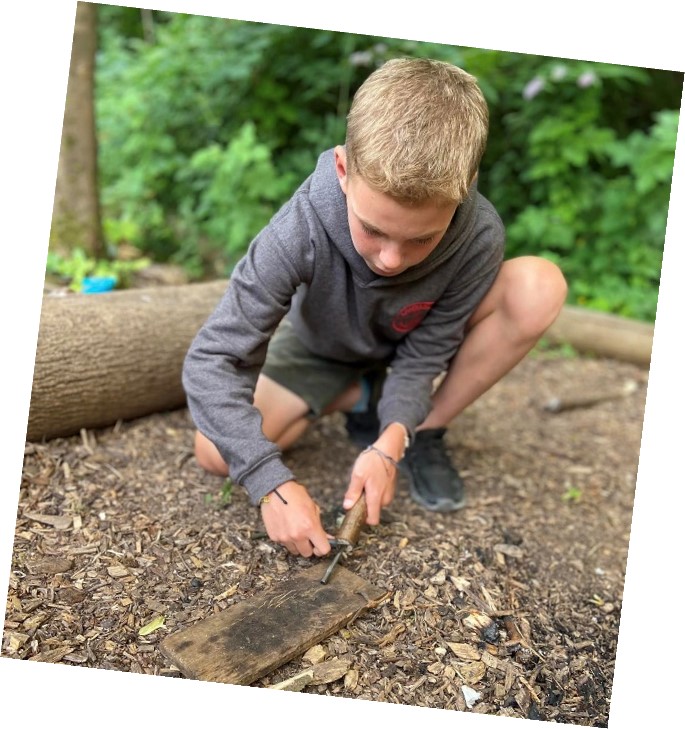
Year 6 lighting fires in the woods.
Songfest 2022 at Truro Cathedral.
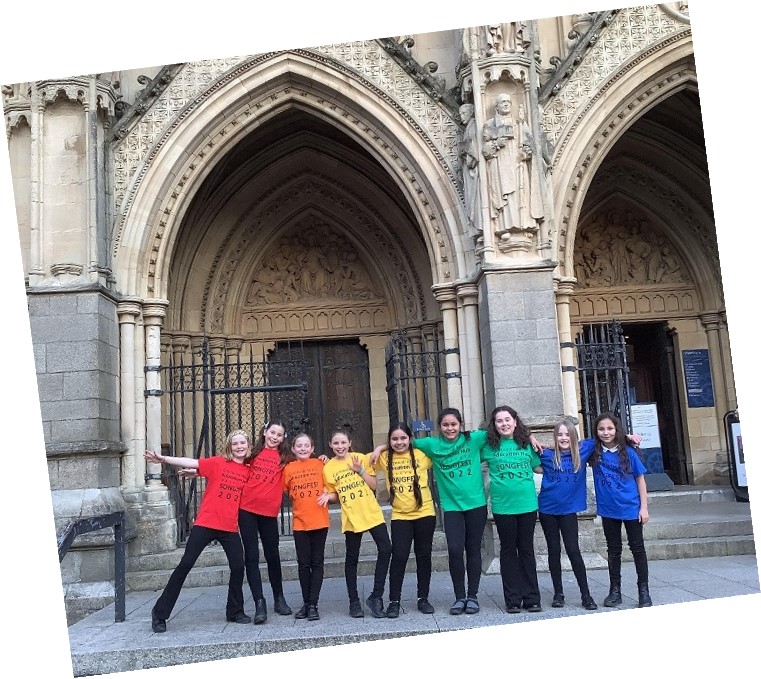
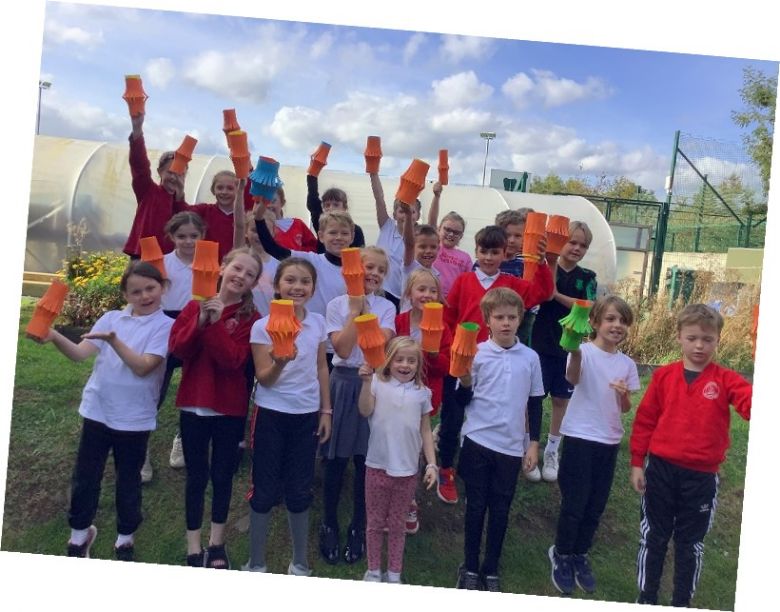
Year 3 made Chinese Lanterns.
Meeting 'real-life' superheroes in EYFS.
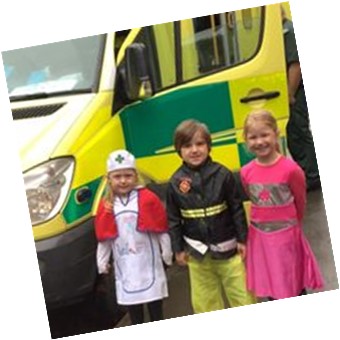
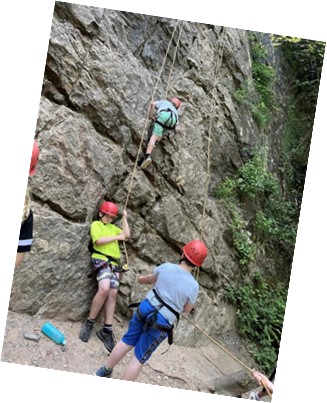
Rock Climbing on Year 6 Residential.
